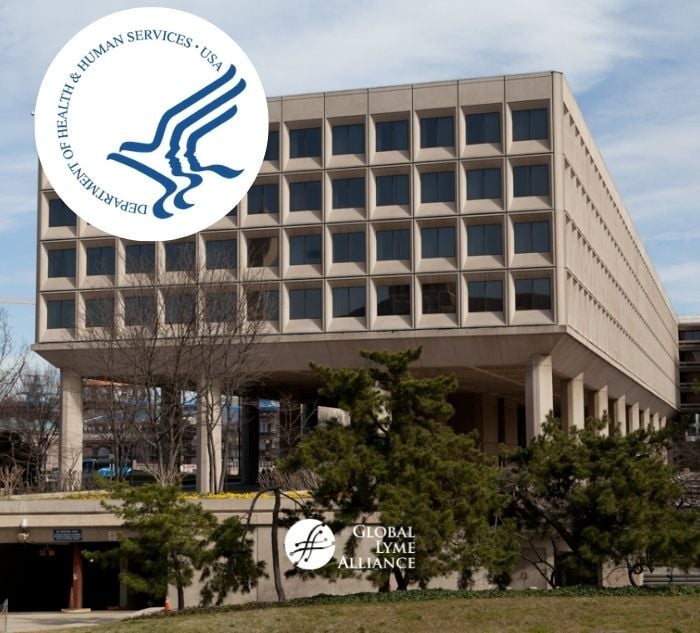
GLA participates in ICLB 2025, joining international experts to share insights and highlight advances in Lyme and tick-borne disease research.
 Every year, GLA’s science team attends major conferences to stay connected with researchers and ensure our funding supports the most promising work. We chose to attend the International Conference on Lyme Borreliosis and Tick-Borne Disease (ICLB) as it’s one of the most important global meetings for Lyme disease. It’s been held every 2-3 years for the last 40 years and draws in experts from around the world who share their latest findings on Lyme and other tick-borne diseases.
Every year, GLA’s science team attends major conferences to stay connected with researchers and ensure our funding supports the most promising work. We chose to attend the International Conference on Lyme Borreliosis and Tick-Borne Disease (ICLB) as it’s one of the most important global meetings for Lyme disease. It’s been held every 2-3 years for the last 40 years and draws in experts from around the world who share their latest findings on Lyme and other tick-borne diseases.
Clinical Studies
This year, there was a clear shift: chronic aspects of Lyme disease, which have sometimes been overlooked at past meetings, were more directly addressed. For example, studies in the Netherlands are conducting both short- and long-term follow-up on Lyme disease patients. They collect information on symptom burden over time and also gather blood samples from children and adults to search for disease biomarkers. This kind of work reflects a broader recognition in the field that long-term patient data and samples are critical for advancing understanding of Lyme disease and improving diagnostics.
Diagnostics
Researchers presented several promising new tests, including efforts to move away from two-tiered testing and toward single-tiered testing, which could simplify testing and shorten turnaround time for results. One lab showcased using AI to aid in metagenomic sequencing approaches to detect tick-borne diseases, while another group shared work on a test designed to detect Lyme bacteria directly at the tick bite site.
However there are still a lot of limitations with diagnostics. Current testing often lacks sufficient sensitivity to reliably detect early infection, is unable to differentiate current infection from past disease, and cannot demonstrate whether a treatment is effective. In addition, there are currently no diagnostic tests to identify individuals with chronic manifestations of Lyme disease. These challenges underscore the urgent need for innovation in this area.
GLA Grantees
Beyond the broader advances presented at the meeting, GLA-funded research was also in the spotlight. Dr. Lise Nigrovic (Boston Children’s) shared new data from the Pedi Lyme Net Biobank, which has become a critical resource for studying Lyme disease. In addition, researchers from Dr. Brandon Jutras’ lab (Northwestern University) presented their latest findings on the role of peptidoglycan in Lyme disease pathogenesis.
Attending conferences like this allows GLA to stay connected to leading researchers, see new data before it’s published, and learn about the latest developments in the field. These insights guide our funding decisions and help ensure that we are supporting the research most likely to drive meaningful progress for patients.
***








